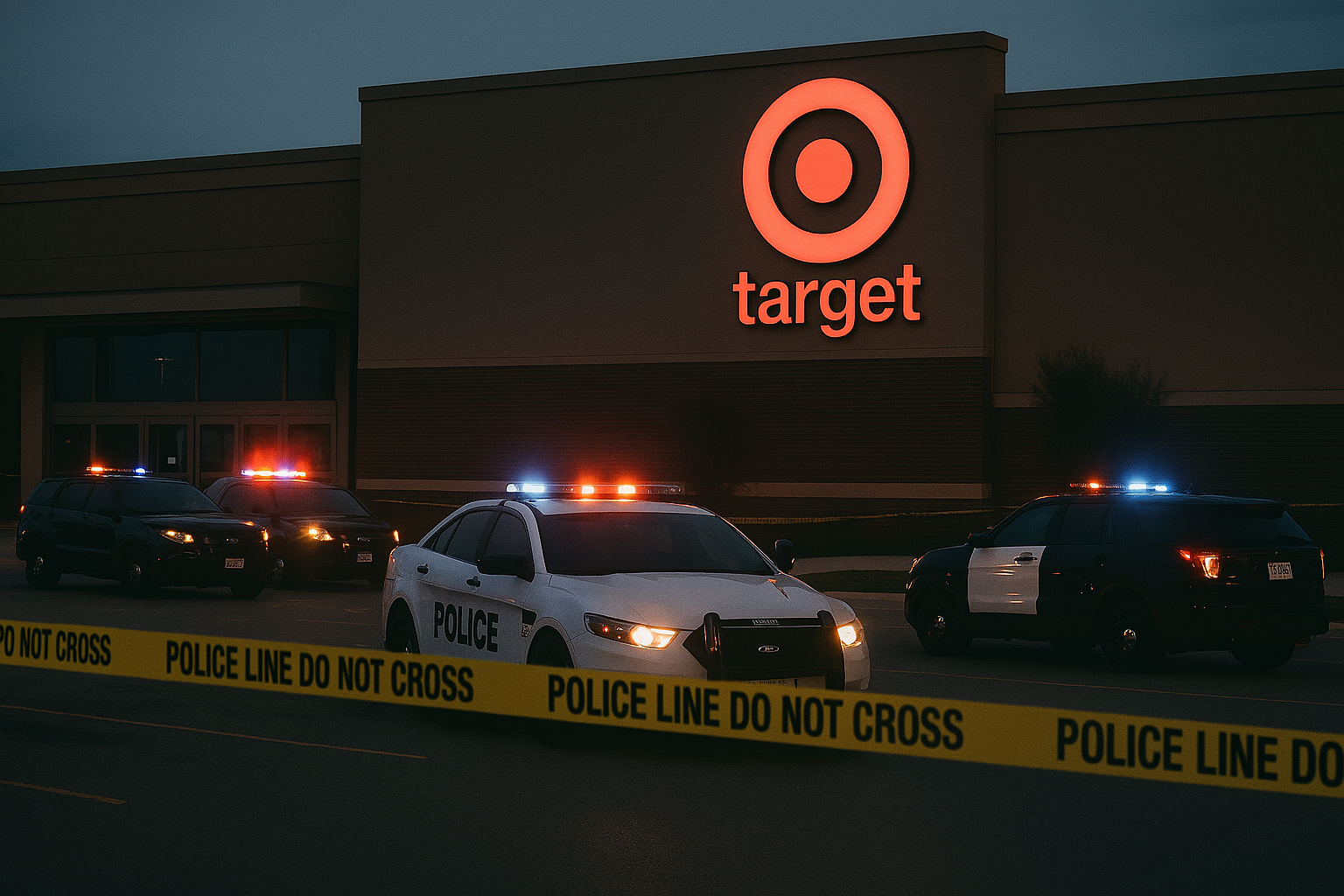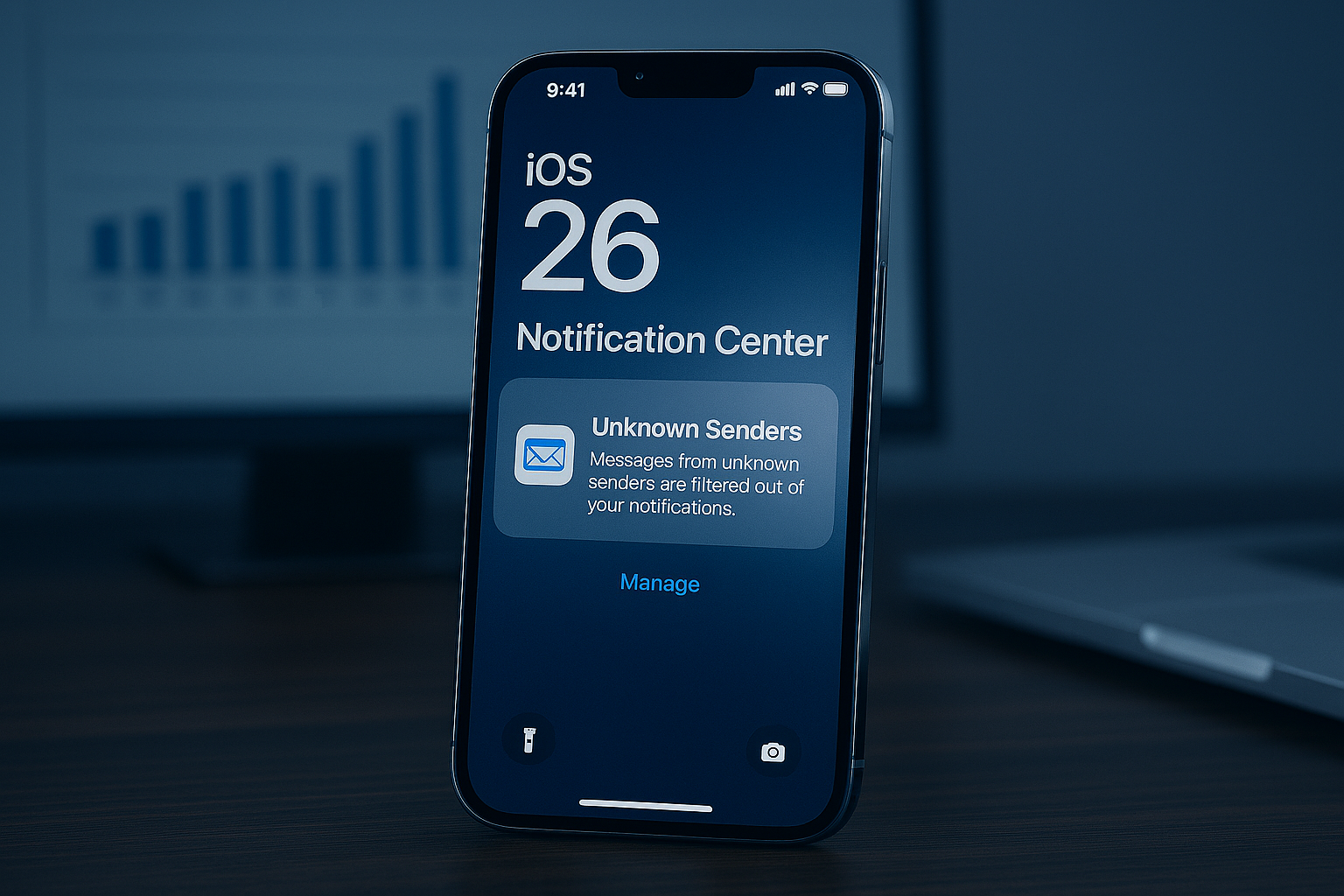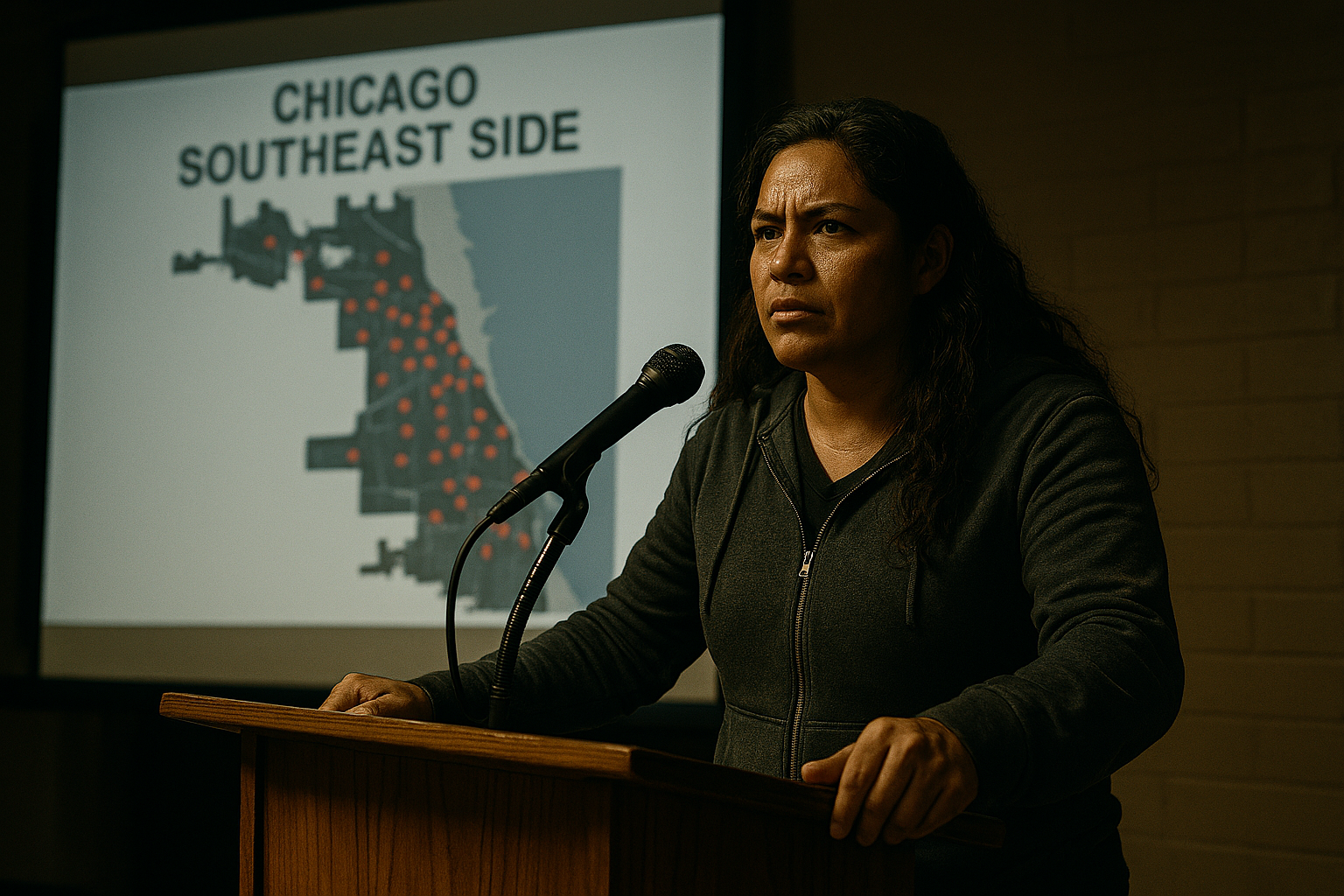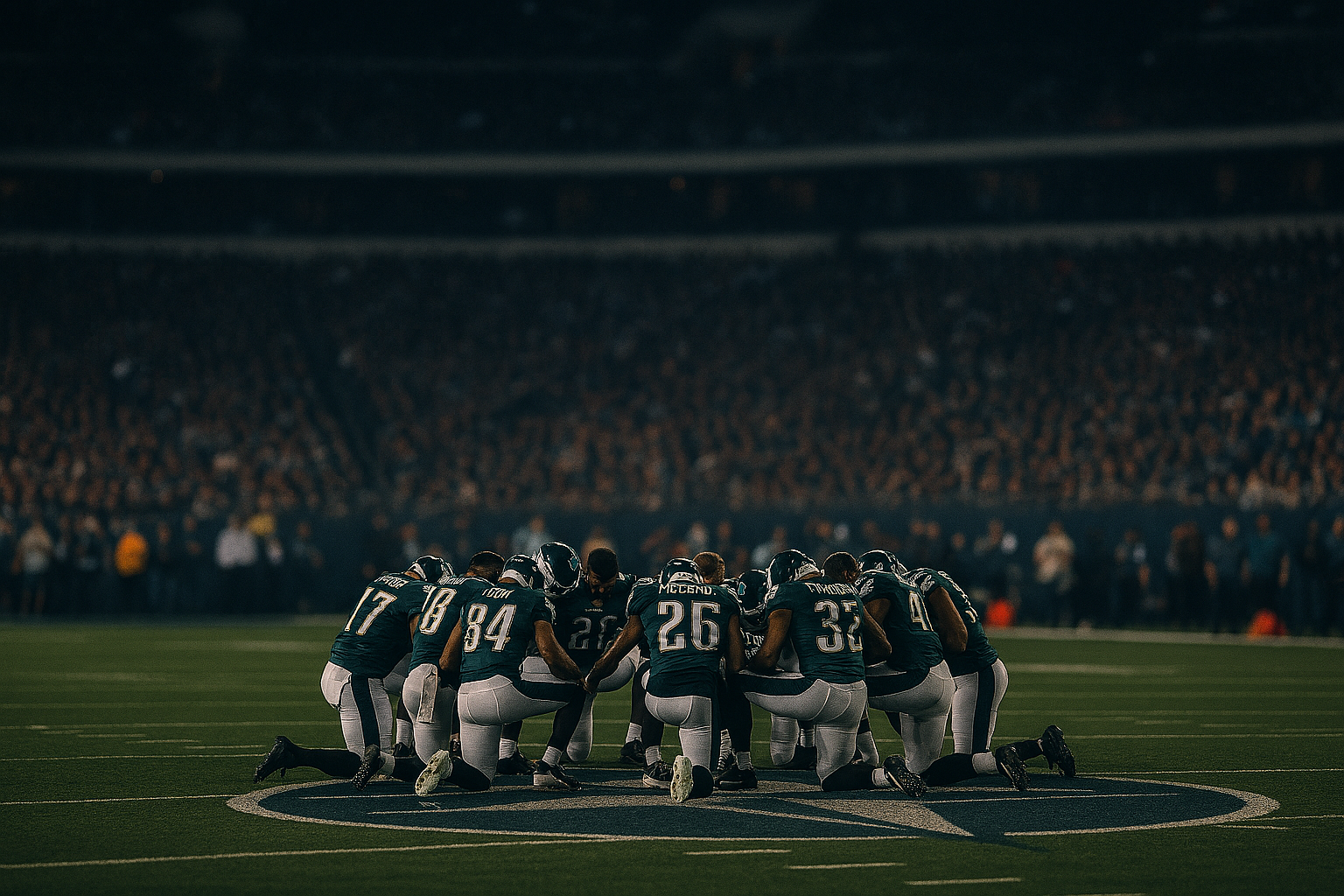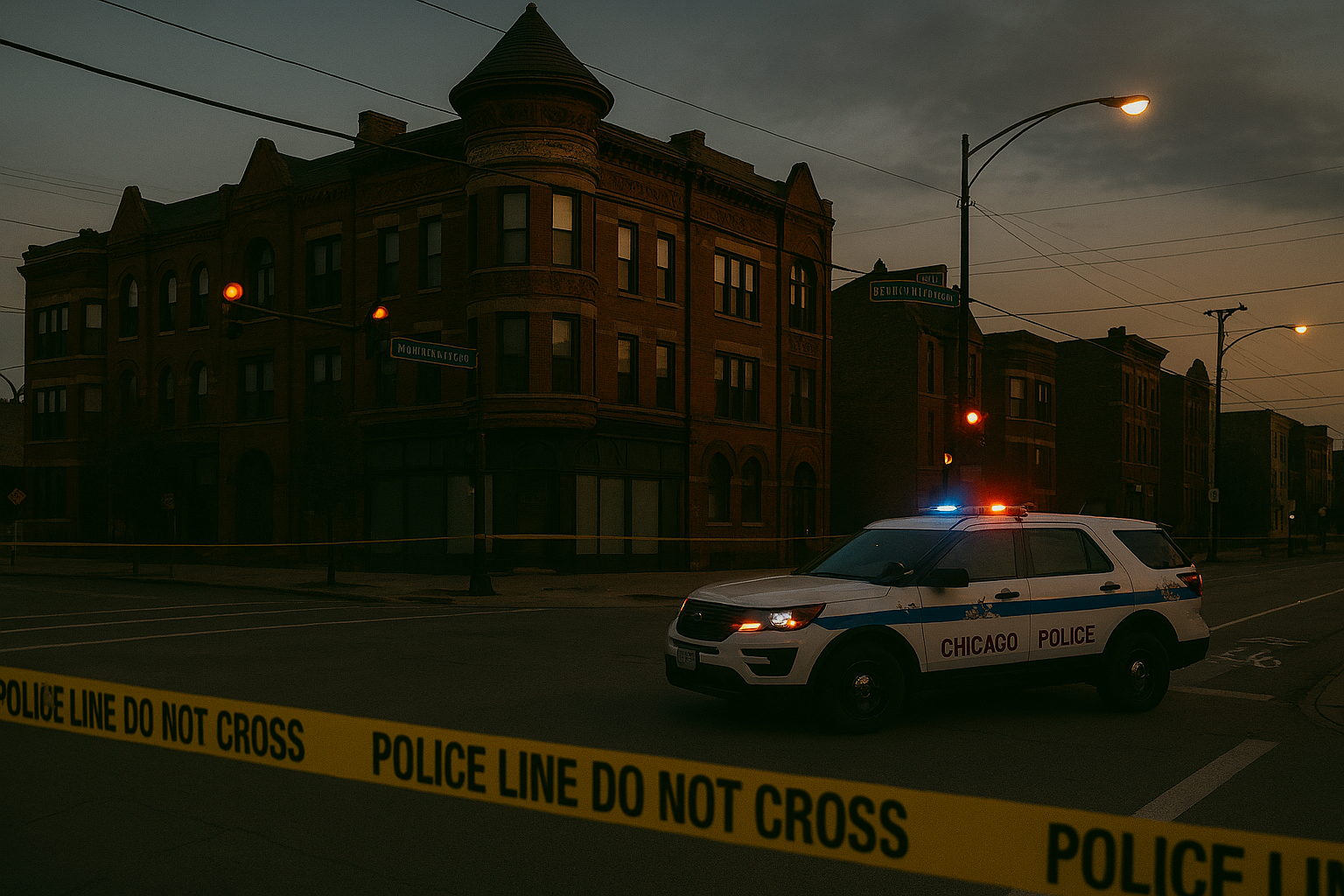Trump Threatens National Guard Deployment, D.C. Police Takeover
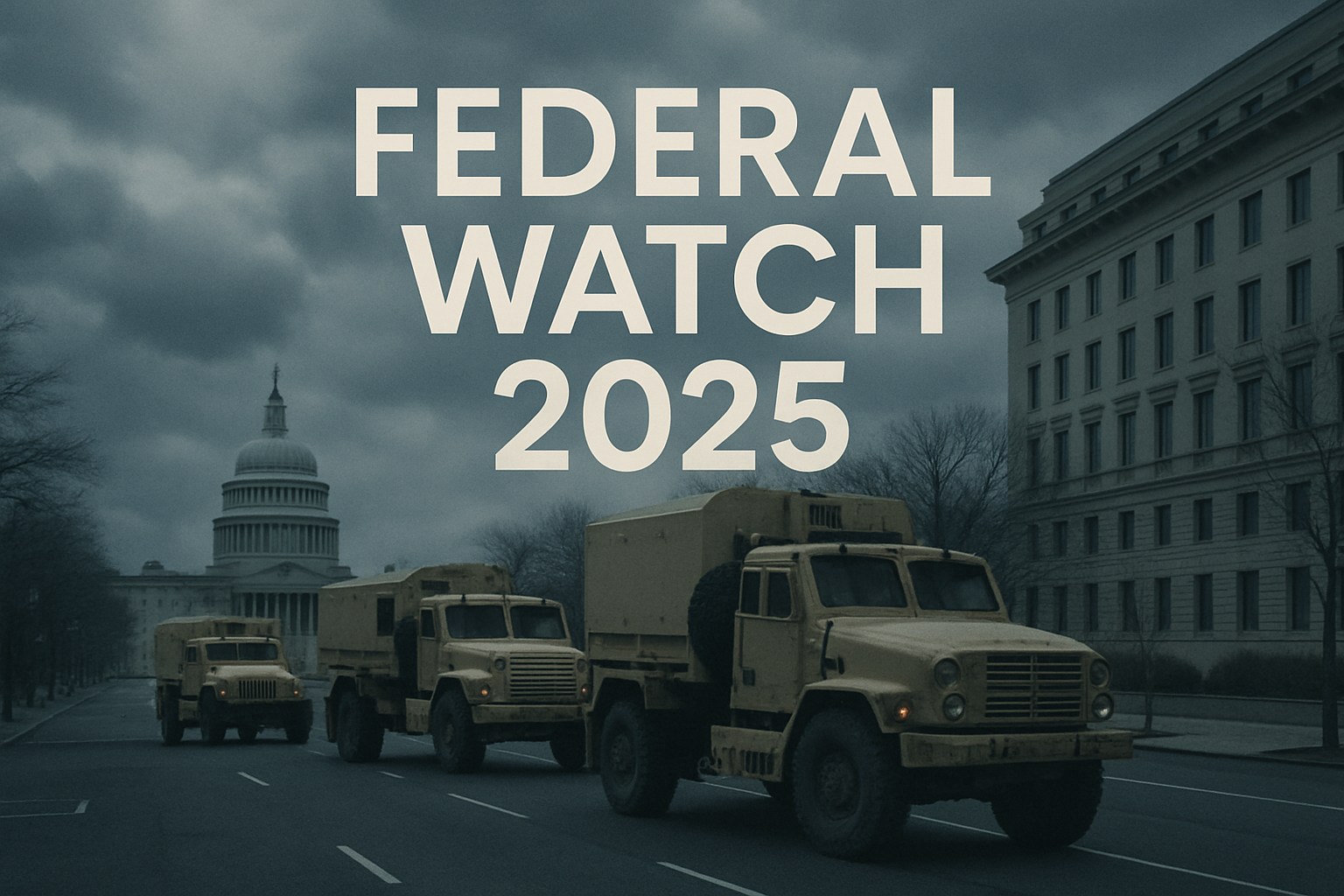
On August 6, 2025, President Donald Trump escalated his rhetoric, threatening to deploy the National Guard in Washington, D.C., and take over the police department to address what he calls “ridiculous” crime rates. Sparked by the assault of a former Department of Government Efficiency (DOGE) staffer, Trump’s remarks have reignited debates over D.C.’s autonomy under the Home Rule Act. Despite a 26% drop in violent crime, his push for federal control has alarmed local leaders. What are the implications of this threat? This article explores the details, reactions, and potential outcomes.
Trump’s Threat to Federalize D.C. Police
During an Oval Office press event on August 6, 2025, Trump declared he is considering federalizing the Metropolitan Police Department (MPD) and deploying the National Guard to combat crime in Washington, D.C. Citing the assault of Edward Coristine, a 19-year-old former DOGE staffer, Trump stated, “We just almost lost a young man, beautiful, handsome guy that got the hell knocked out of him.” He described D.C. as a “dirty, crime-ridden death trap,” despite MPD data showing a 26% decrease in violent crime in 2025 compared to 2024. Trump also suggested Congress explore repealing the 1973 Home Rule Act, which grants D.C. limited self-governance.
The Edward Coristine Incident
The catalyst for Trump’s threats was an attempted carjacking on August 3, 2025, in Northwest D.C.’s Logan Circle, where Edward Coristine, nicknamed “Big Balls,” was attacked. A police report indicates Coristine and a woman were assaulted by a group of juveniles around 3 a.m. Two 15-year-olds from Maryland were arrested and charged with unarmed carjacking. Coristine, now with the Social Security Administration after working at DOGE, sustained a concussion. Trump and former DOGE adviser Elon Musk amplified the incident, with Musk calling to “federalize DC” on X, intensifying the narrative of rampant crime.
D.C.’s Crime Landscape and Federal Powers
Despite Trump’s claims, D.C. police data shows violent crime dropped 26% year-to-date in 2025, with 13 fewer homicides than in 2024, though 99 killings occurred, including high-profile cases like a congressional intern’s death. The Home Rule Act allows the president to assume emergency control of the MPD if “special conditions of an emergency nature” exist, requiring congressional approval after 48 hours. The D.C. National Guard, uniquely under presidential control, can be deployed without the mayor’s consent. In 2020, Trump sent National Guard troops to D.C. during George Floyd protests, despite Mayor Muriel Bowser’s objections, a precedent for his current threats.
Reactions from Local Leaders and Advocates
D.C. Mayor Muriel Bowser declined to comment, but her 2020 testimony described similar threats as a “complete disaster,” evoking an “ugly segregationist past.” Posts on X reflect divided sentiment: some support Trump’s push for law enforcement, with one user stating, “I voted for this!” while others warn of authoritarianism, citing a $30 billion ICE budget for 10,000 agents as a “domestic military.” U.S. Attorney Jeanine Pirro endorsed the takeover, urging D.C. lawmakers to revise lenient sentencing laws. Critics argue the move undermines D.C.’s autonomy and ignores improving crime stats.
Legal and Political Implications
Trump’s threat to federalize the MPD could face legal challenges, as experts note it requires a “justifying emergency” and may be contested in court. A full takeover of D.C. governance would need Congress to repeal the Home Rule Act, a complex process. The administration’s plans to increase federal law enforcement presence, including ICE, FBI, and National Guard, starting August 7, 2025, align with Trump’s “D.C. Safe and Beautiful” executive order from March. Critics fear this escalates federal overreach, while supporters see it as necessary to address perceived lawlessness. The debate may intensify as D.C.’s 2025 crime data contradicts Trump’s narrative.
Conclusion
President Trump’s threat to deploy the National Guard in Washington, D.C., and take over the police department in 2025 has sparked controversy, pitting federal authority against local autonomy. While the administration cites incidents like the Coristine assault, D.C.’s declining crime rates challenge the narrative of a city in crisis. As legal and political battles loom, the outcome will shape D.C.’s future. What do you think about Trump’s proposal? Share your thoughts in the comments and follow for updates on this developing story.
FAQ: Trump’s D.C. Police and National Guard Threats
- Can Trump legally take over D.C.’s police?
The Home Rule Act allows temporary federal control of the MPD under emergency conditions, but it requires congressional approval after 48 hours. - Why did Trump threaten to deploy the National Guard?
Trump cited an attempted carjacking of former DOGE staffer Edward Coristine as evidence of rampant crime, despite a 26% drop in violent crime in 2025. - What is the Home Rule Act?
The 1973 law grants D.C. residents the right to elect a mayor and council, but Congress retains budget oversight, and the president controls the D.C. National Guard.
Key Events in Trump’s D.C. Federalization Push
- March 2025: Trump signs “D.C. Safe and Beautiful” executive order to address crime and city aesthetics.
- August 3, 2025: Edward Coristine assaulted in attempted carjacking in Logan Circle.
- August 6, 2025: Trump threatens MPD takeover and National Guard deployment.
- August 7, 2025: Federal law enforcement presence, including National Guard, planned to increase in D.C.



